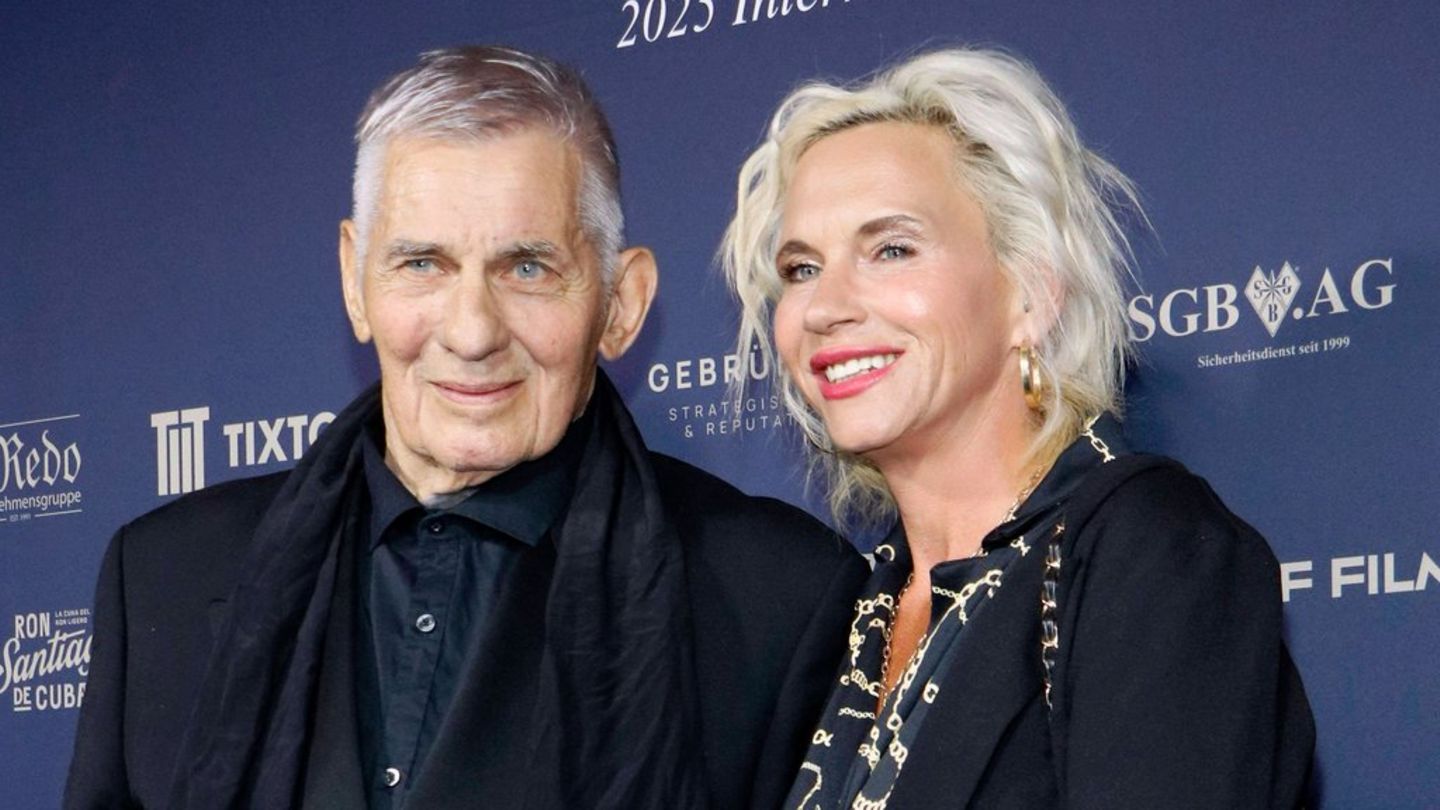Movember
Why men die earlier
Copy the current link
In Germany, men die on average five years earlier than women. This is not just due to different genetics.
Five years – that’s how long women in Germany live on average longer than men. Specifically, the latest statistics from the Federal Institute for Population Research assume that boys born this year have an average life expectancy of 78.6 years and girls will live an average of 83.4 years. So, on the whole, men die much earlier than women. And this is by no means a German phenomenon, but rather affects most countries around the world. But why is that?
Movember
Anyone who wonders why men grow mustaches in November might not initially think about health.
She has made it her mission to draw attention to men’s health. The focus is on testicular and prostate cancer as well as psychological problems.
There are many possible reasons for earlier male mortality. The US researcher Kenneth Walsh from the University of Virginia recently focused more attention on the risk factor biology in this context. Together with a research team, the scientist was able to find out that the proven loss of the Y chromosome with increasing age can promote age-related diseases and damage the cardiovascular system.
To understand: Every person has two sex chromosomes. Women have two X chromosomes, while men have one X and one Y chromosome. The X chromosome is not only larger than the other, but also does not degrade. As a result – it is assumed – women have better genetic conditions for a longer life. Gender-specific hormones are also said to have a similar influence, but there is currently no clear scientific evidence for this.
The Important Lessons of Monastic Study
So is biology to blame for the unfair distribution of lifespan between the sexes? That alone would probably be too easy. For example, it can hardly be denied that socialization and lifestyle also have a significant influence on life expectancy. The Viennese democracy researcher Marc Luy was able to prove with the so-called “monastery study” that the environment plays a major role in the question of how old we get.
For the meta-analysis, the Austrian looked at the data from almost 12,000 monks and nuns. The result: The monks not only lived longer than their male contemporaries outside the monastery, but also, on average, almost as long as the nuns. Instead of a difference in lifespan of several years, on average the women in the monastery lived longer than the men.
It is obvious that the standard of living of men, when they are not living in a monastery, also contributes to the fact that they die earlier on average than women. And countless statistics provide a rough insight into the diverse manifestations of this lifestyle: On average, men drink more alcohol, are more likely to smoke and eat less healthily. Overall, men are more inclined to take risks than women. The reason for this is the interaction between the pushing hormone testosterone and the still widespread role model of the “strong man”.
The image of the strong man
This also has an impact on men’s health behavior. “It seems as if many men actually only go to the doctor when they are already carrying their head under their arm,” says Kai Meinig, mindfulness trainer and meditation teacher at Headspace, in an interview with star. He only learned to listen to his body through a psychological crisis – and now wants to bring this to other men (and women).
He repeatedly notices how important this is: “Some men don’t even realize that they are suffering from depression, for example, because they are convinced that “something like that” can’t happen to them.” That could also be the reason why Men attend preventive examinations less frequently than women. The gap is greatest in cancer prevention. In 2020, statutory health insurance companies billed for 6.7 million examinations for men – and more than 35 million for women.
From a purely statistical perspective, men have a greater need for precautionary and preventive measures than women. In everyday working life alone, male employees are exposed to significantly more environmental toxins and physical stress than their female colleagues. According to the World Health Organization, men’s risk of suicide is also 75 percent higher than that of women. The reason: They seek help too late – or not at all.
Hope for a longer life
Kai Meinig has a guess as to why this is: “Men are supposed to grit their teeth, not show pain, stay strong and so on. All of these stereotypical ideas of course make it difficult for you to feel and acknowledge your limits, to show yourself vulnerable and yourself to get help.” His solution: Find the right balance in life, listen to the signals from his body and take them seriously.
This will probably not completely increase the average life expectancy of men – but mindfulness can still improve the quality of life. When it comes to length, as is often the case, it depends on a mix. In any case, men do not have to be powerless to accept their fate of previous average mortality. Everyone can make their lifestyle healthier and take advantage of the preventive examinations that are necessary.
Psychohygiene: These ten habits are balm for the soul
Write a diary.
For many young people, writing diaries has a permanent place in everyday life. You write down what’s bothering you, how you’re feeling and what you’re dreaming about. However, the older we get, the more likely we are to stop putting our thoughts on paper. A diary like this can be really helpful. If you write down your thoughts, you create space in your head. This is especially helpful when you’re caught in a carousel of thoughts or can’t concentrate because new tabs are constantly popping up in your head. We also reflect on our thoughts and experiences when we write them down. This can help us to broaden our perspective and take on new perspectives. The diary can help you gain new insights, get to know yourself better and bring structure to the chaos of your thoughts. And if you can’t remember it, you even have it in writing.
© Cathryn Laver / Unsplash
And even when it comes to biology, there is good news from science: US researcher Kenneth Walsh’s recent findings on the loss of the Y chromosome are a good basis for doctors to work on solutions to the problem.
In the future, for example, a drug could ensure that the death of chromosomes is slowed down. And there is even a drug that would be suitable for this. Before it can be used, a test is needed – because not all men are equally affected by the loss of Y chromosomes. Ergo: from a purely biological perspective, not every man is threatened with an early death.
Source: Stern
I’m Caroline, a journalist and author for 24 Hours Worlds. I specialize in health-related news and stories, bringing real-world impact to readers across the globe. With my experience in journalism and writing in both print and online formats, I strive to provide reliable information that resonates with audiences from all walks of life.




